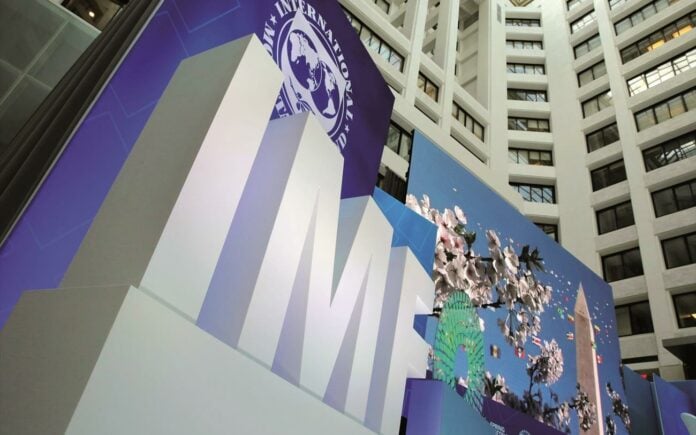By G. Kampourakis
Athens will reportedly hold a “wait-and-see” attitude in the face of Wednesday’s negative IMF forecasts for primary budget surpluses that the Greek state must post this year and in 2018, a development that fuelled speculation that the country’s institutional creditors will exert pressure for more austerity measures.
The IMF forecasts, included in the Fund’s fiscal monitor report and ahead of its annual autumn meetings in Washington D.C. this month, were calculated by veteran “Greek bailout program” watchers as translating into 2.4 billion euros worth of more austerity measures.
The timing couldn’t have been worse for the embattled leftist-rightist coalition government in Athens, as creditors’ top auditors and technocrats return to Athens later this month to begin negotiations aimed at concluding the third review of the ongoing bailout by the end of the year.
In comments to “N” on Wednesday evening, government sources maintained they were not taken by surprise, saying the IMF’s revised forecast for 2018 fiscal targets was known as far back as July 2017.
Asked if more austerity measures will be taken in 2018, the reply was indirect, however, along the lines of the IMF “having gotten previous estimates wrong on many occasions in the past”.
The government’s main retort, in fact, is that the IMF’s latest forecast will also be proven wrong.
Despite Wednesday evening’s “unofficial bravado”, the Tsipras government is anxiously awaiting a press conference by IMF Europe chief Poul Thomsen – himself an “old hand” in the Greek program – on Sunday in Washington. The top IMF official is expected to be asked directly about the third review of the Greek program, which officially ends in August 2018.
As of Wednesday, the specter of more austerity measures in 2018 to meet fiscal targets now hangs over Athens, a prospect that Thomsen will, by all accounts, be called on to address.
The first of three concerns that emerged from Wednesday’s IMF forecasts is whether the Fund’s stance will delay the third review’s conclusion and endanger the “clean exit” scenario from the bailout era, which the beleaguered Greek government is aggressively cultivating.
Another concern is a scenario whereby the IMF will not require more austerity measures but instead will demand more spending cuts, along with a lowering of the tax-free income ceiling in 2018, a year earlier than planned.
A third concern is that creditors will again disagree on key points with the Greek government – a development that would negatively affect the country’s fragile economic recovery.
The IMF revisions came a day after leftist Prime Minister Alexis Tsipras announced tax breaks for 2018, without going into details.














